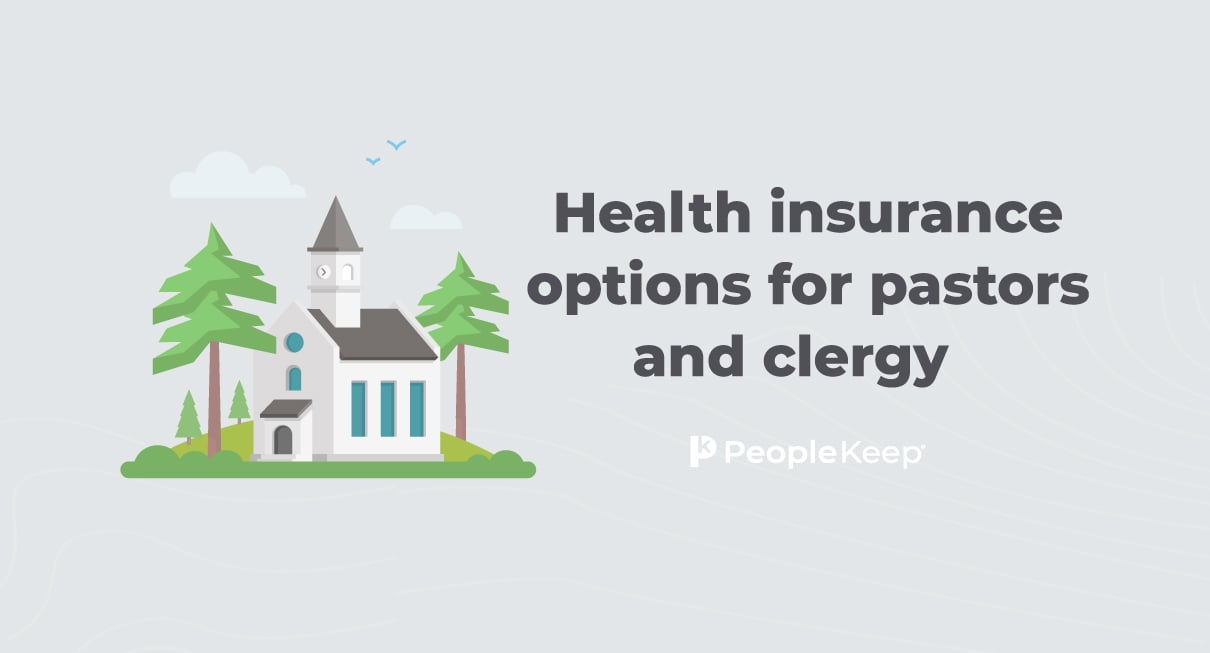Protests Over Rising Healthcare Costs
By PeopleKeep Team on February 4, 2015 at 3:00 PM
The cat is out of the bag. Employees all over the U.S. are realizing healthcare costs far outweigh their incomes. But, is this new news, or has the cat been out of the bag for some time now? As a result of rising healthcare costs, one restaurant’s staff took to the streets in protest demanding provisions to make their health insurance more affordable. This article recaps the event, the overall rising healthcare costs throughout the nation, it’s effect on citizens, and how small businesses can solve the problem.
Berkeley Restaurant Employees Protest
Represented by Unite Here Local 2850 (a union for hotel, food-service and gaming industry workers) employees marched around in front of HS Lordships restaurant for more than an hour -- in the name of more affordable healthcare.
So, how did it come to this? According to Ty Hudson, as representative for the union, the company which owns HS Lordships had agreed to pay a good portion of the employees’ health insurance as part of a union agreement. However, once the contract expired a few years ago, the company failed to keep up with the increase in healthcare costs. But, just how much has healthcare costs increased over the years? The answer may surprise you.
How Much HAVE Healthcare Costs Increased?
Since 1990, healthcare costs have seen a lot of fluctuation. The surprising fact here is that, even though healthcare costs have fluctuated from 17.1 percent in 1990 and all the way down to -1.1 percent in 1994, worker’s earnings have steadily been dropping and inflation has, at times, surpassed wages.
Where does this leave employees and healthcare costs? Truth is, because healthcare costs have begun to increase again, inflation is going up, and employee’s wages are decreasing, healthcare is difficult to afford for the average employee. For this very reason, HR Lordship employees have reached the point of protesting for affordable healthcare.
Is This the Start of Something Larger?
If one restaurant’s employees decided to stand up to healthcare costs, many may begin to wonder, is this the start of nationwide protests? It’s hard to say.
However, if healthcare costs continue to increase, crippling employees’ and employer’s ability to afford them, something must be done. Which begs the question, is there a solution to combat rising healthcare costs?
The Solution for Employees and Small Business Owners
Many do not realize that healthcare provisions are currently in effect today to fight the wage on high healthcare costs. Furthermore, many do not realize that healthcare costs are not only effecting employees, but employers too.
In fact, the average annual premiums for employers have gone from $2,196 for a single coverage premium to $6,025 in 2014 -- premiums nearly tripled and have cause many employers to drop healthcare coverage for employees.
The solution?
Individual healthcare. As previously mentioned, government healthcare provisions grant the following access for both employers and employees to affordable healthcare:
Individual Health Insurance: In 2014, the average individual health insurance premium purchased through the Health Insurance Marketplaces, before tax credits, was $346/month. Individual health insurance plans can be purchased through employees’ state Marketplace.
Premium Tax Credits: Eighty-seven percent (87%) received discounts on their health insurance (via a “premium tax credit”) and paid an average of $82/month across all types of plans. For Silver plans, the most popular type of plan, 94% received tax credits and paid an average of $69/month. Premium tax credits are available to eligible individuals and are applicable at the time of purchase.
Additionally, many employers are utilizing premium reimbursement for individual healthcare as a healthcare benefit for employees, many of which are able to do so tax-free. Companies such as Zane Benefits, a leader in individual health insurance reimbursement software, are making it possible for thousands of employers to utilize their ability to reimburse employees for their individual health insurance premiums.
Conclusion
With rising healthcare costs and inflation, and a decrease in wages, healthcare is difficult to afford for both the employee and employer.
And as employees take to the streets in protest of rising costs, many are asking themselves the solution. However, there is indeed a solution: individual healthcare.
Article source: The Daily CalifornianCheck out more resources
See these related articles

How HRAs affect premium tax credit eligibility
Learn how to coordinate tax credits with two of the most popular HRAs: the qualified small employer HRA (QSEHRA) and the individual coverage HRA (ICHRA).

Guide to premium tax credits for health insurance
See how premium tax credits can lower health insurance costs. Our guide provides the information you need to navigate this important aspect of healthcare.

Health insurance options for pastors and clergy
Are you a minister or church looking for health insurance options? Explore our guide to find the best health insurance plans for pastors and clergy.


